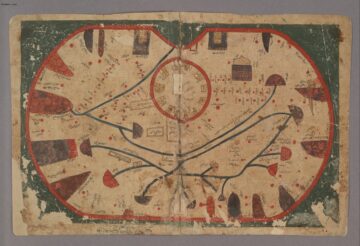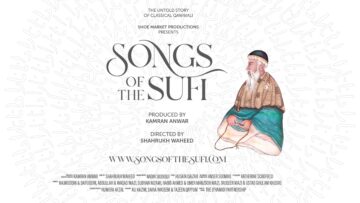
-
Status
Applications Closed -
Date
25 Mar 2022 -
Location
Aga Khan Centre
This event is the closing keynote address of the IIS-Cambridge workshop on the study of Islam at the end of empire. The workshop brings together scholars of Muslim thought in order to reassess and reconsider a critical moment in the making of modern Islam: the transition from orientalism to “Islamic Studies”. It foregrounds the possibility that the academic study of Islam emerged not as some orphan of empire but as an entirely distinct intellectual enterprise intimately linked with the arrival of post-colonial sovereignty. Workshop papers will consider how Islam was and is approached as a field of study, but also how formerly colonised actors imagined new worlds and modes of political subjectivity for themselves through the container of “Islam” and its histories.
The keynote address, building on these broad workshop themes, will explore the question: when and why did Islam come to be conceived of as a proper name?
Date: 25 March 2022
Time: 4.00pm – 5.30pm (UK)
Location: Aga Khan Centre, London and Online (Zoom)
Q&A: At any time during the conversation, online attendees can submit questions to the speakers through the Q&A option at the bottom of the control panel. As time allows, the moderator will pose as many questions as they can to the speakers during the Q&A session at the end of the presentation from audience members present both in-person and joining online.
Moderator: Dr Taushif Kara (Postdoctoral Research Associate, Centre of Islamic Studies, University of Cambridge, UK)
Speaker

Faisal Devji
Professor
Faisal Devji is Professor of Indian History and Director of the Asian Studies Centre at St. Antony’s College, University of Oxford. He has held faculty positions at the New School in New York, Yale University and the University of Chicago, from where he also received his PhD in Intellectual History. He is a Fellow at New York University’s Institute of Public Knowledge and Yves Otramane Chair at the Graduate Institute in Geneva. Recent publications include Islam After Liberalism, The Impossible Indian: Gandhi and the Temptation of Violence, and Muslim Zion: Pakistan as a Political Idea.






